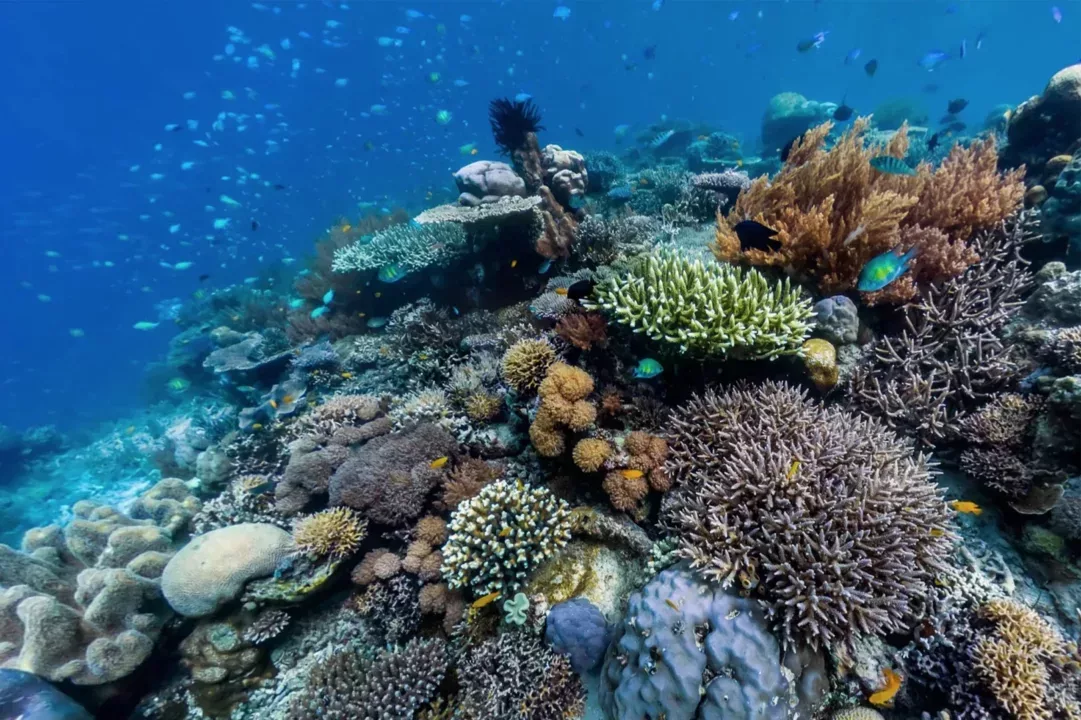The Nature Foundation St Maarten once again scientifically monitored the state of the country’s coral reefs to determine coral reef changes over the years with the assistance of the Dutch Caribbean Nature Alliance (DCNA) and their director Tadzio Bervoets. Ocean Explorers Dive Center also generously provided assistance by lending their boat to the Nature Foundation staff, as the Foundation its boat is in repair. Each year reef monitoring is conducted according to the GCRMN-Caribbean scientific monitoring methods, to determine the health, composition and state of our coral reefs. The Foundation is worried about the current state of the reefs surrounding St Maarten, large amounts of wastewater which end up in the ocean and the new coral disease; Stony Coral Tissue Loss Disease, are threatening the existence and recovery of St Maarten’s coral reefs. Additional protection of coral reefs, coral restoration and proper wastewater treatment is needed on St Maarten in order to ensure coral reef existence in the future.
“Currently we have seen major deterioration of our coral reefs, especially the new disease has killed many large coral colonies and turned healthy reefs into dead corals covered in algae. Furthermore, the ongoing flow of wastewater into our ocean makes corals prone and worsen the state of our reefs as algal blooms due to the increase of nutrients coming from wastewater and sewage, overgrowing the homes of fish; coral reefs. In the coming months, the data will be entered and stored to be able to make comparisons with previous years to determine the scope of the coral reef decline on Sint Maarten” explained Nature Foundation’s Manager Melanie Meijer zu Schlochtern.
The Nature Foundation surveyed mainly dive sites in the Man of War Shoal Marine Protected Area and other important dive sites around the island. All measurements are conducted along a transect line and repeated five times on one dive site. First, abundance and biomass of all fish species is determined, secondly, the cover of reef organisms (corals) are analyzed based on photo quadrants made during the dives and photo quadrants are assessed for coral health. Monitoring is also done looking for coral recruitments (juvenile corals) and algae coverage and height. Lastly, invertebrate species (sea urchins, sea cucumbers, lobster and conch) are counted and water quality is measured. These measurements will help us to better understand our reefs and to determine if our reefs are doing well.
Coral reefs are critical to the economy of the island. Studies conducted by the Nature Foundation have shown that reefs contribute about USD$50 million to our economy annually so it is critical to know their status and their ecological function after experiencing the strongest hurricanes on record and the most destructive coral disease; Stony Coral Tissue Loss Disease.
The Dutch Caribbean Nature Alliance supported the Nature Foundation by sponsoring the expert assistance from their Director Tadzio Bervoets, which performed the fish surveys as well as covering the fuel expenses for the vessel.
Source Nature Foundation website

